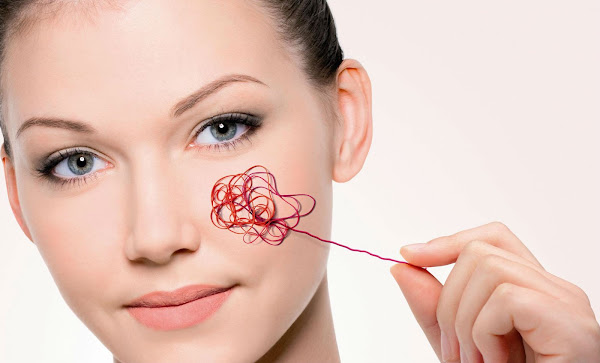
Here are some tips for make up and skin care:
- Always have skin care on mind, whether you are buying products for make up or actually applying them onto your skin after you have bought them. So what you are buying is a ‘make up and skin care’ product, not just a make up product. Check the ingredients to see if it contains things that you might be allergic to. Also check if it contains high concentration chemicals that can harm your skin.
- ‘Make up and skin care’ is also about testing the products before using them. So, apply the make up on a small patch of skin e.g. earlobes and check how your skin reacts to it.
- Keep track of expiry date on your make up products and never use them beyond the expiry date. In fact some products (e.g. vitamin C based products), if not stored properly, get spoilt much earlier than the expiry date.
- Cleanliness is an important part of make up and skin care procedure. Sharpen your eye-liners regularly and keep all your makeup equipment clean at all times. You might fix a date, each month, for overhauling of your equipment. As part of cleanliness, your make up and skin care procedure should also include keeping your hair clean at all times.
- Nail care is another important aspect of make up and skin care. Use a good quality nail polish and always keep your nails clean. Once you are done with cleaning and polishing your nails, you should rub in cuticle oil at the edges of the nail.
- If you have deep-set eyes, you should use a liquid eye liner instead of a pencil one. This will prevent smudging at the deep edges of your eye-lid.
- If you have a skin disorder e.g. acne, you should not apply heavy or chemical based make up. Consult your dermatologist if you are not sure about the make up products that you can use while you have acne or other skin disorder. Never try to squeeze pimples/ acne. Remember that make up and skin care should not conflict each other.
- Use a mild make up remover (instead of just washing it away).
- Another important ‘make up and skin care’ procedure is the following golden rule: “Never sleep with your make up on”
- While applying a deodorant, make sure that you maintain the recommended distance between the nozzle and your skin (as mentioned on the deodorant pack).
So, make up and skin care should always go hand in hand. Do not try to treat make up and skin care differently.

